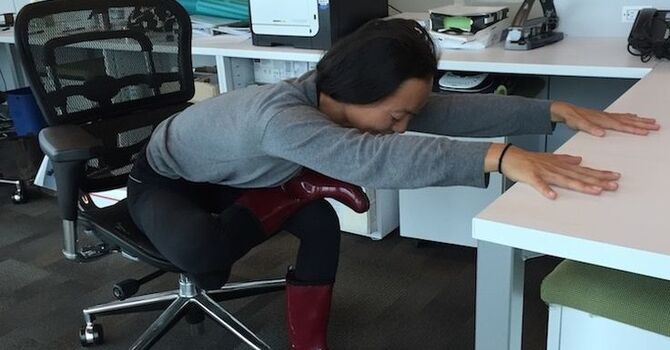.jpg)
Getting quality sleep is essential for overall health and well-being. It impacts everything from mental clarity and emotional balance to physical health and productivity. Instead of reaching for that third or fourth cup of coffee, try these 7 lifestyle tips for better sleep:
1. Follow a regular sleep schedule
Insomnia and poor sleep have been associated with an irregular sleep schedule. Establishing a regular bedtime routine as well as a regular wake up time can help you feel more rested day after day.
2. Avoid stimulants & other substances that may impair sleep
The effects of caffeinated beverages, such as coffee, matcha or soda, may last several hours after intake, so we recommend not having caffine after 3pm. Other things to stay away from include citrus fruit and very heavy, rich, or spicy foods.
3. Create an environment conducive to better sleep
Instead of scrolling on your phone or watching your favorite show before bed, reach for a good book or your kindle instead. Make sure your space is set to a comfortable temperature, add blackout curtains to keep street lights out, and add a fan or white noise machine to make sure you don’t hear cars or other outside noises.
4. Avoid napping during the day
Daytime naps can lead to difficulties falling asleep and irregular sleep patterns, but if a nap is absolutely necessary (and we know sometimes it is), the National Sleep Foundation recommends a 30-minute nap only.
5. Incorporate stress management & relaxation techniques
Managing stress is crucial for quality sleep, as stress can trigger anxiety and disrupt the body’s natural relaxation processes. Chronic stress raises cortisol levels, hindering the ability to fall asleep. Practicing stress-reduction techniques like mindfulness or deep breathing can promote restful sleep and improve overall well-being.
6. Ensure adequate exposure to sunlight
Exposure to natural light and darkness helps to regulate healthy sleep-wake cycles. So if possible, try to get outside and see the sun first thing in the morning, allow natural light in the house, and soak in as much vitamin D as you can throughout the day. In colder climates try using a sunlight lamp and taking a vitamin D supplement to help.
7. Engage in regular physical activity
Regular exercise can help stabilize your mood and decompress the mind before bed leading to a more restful night of sleep. Regular physical activity can also help you get out any pent up energy you are holding on to so that your mind and body are fully tired out before bed.

admin
Contact Me



